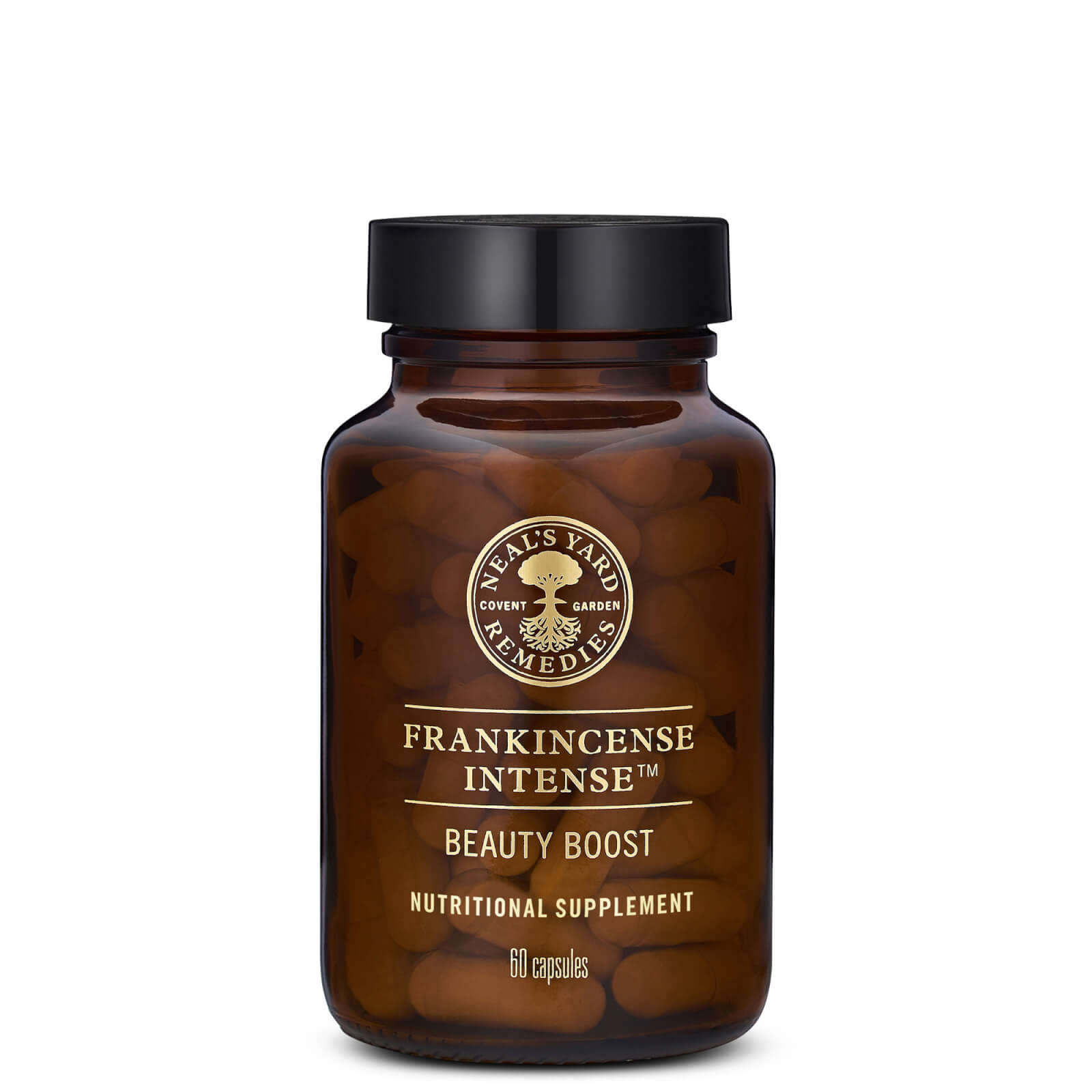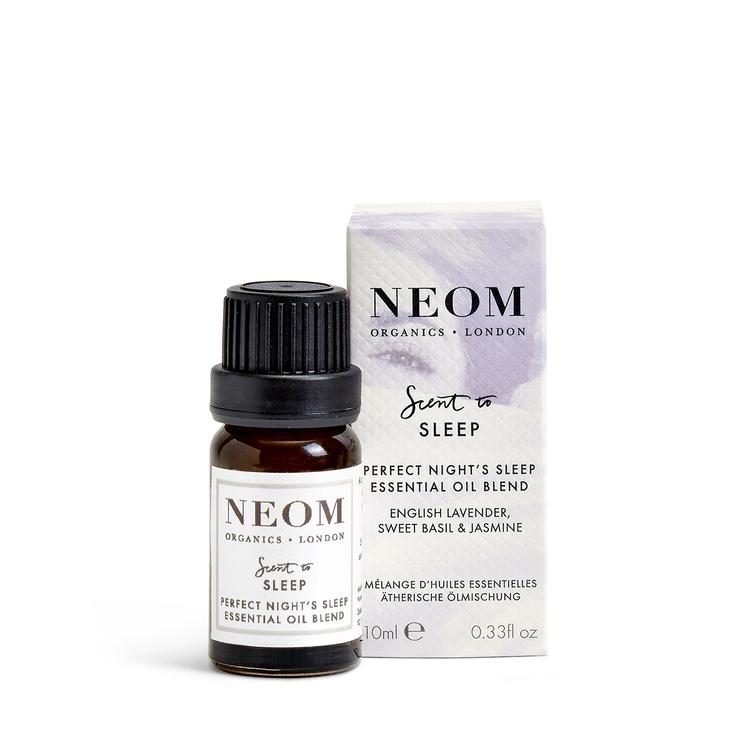
The Bedroom Edit
Why is sleep so
important?

We have asked specialist Nicola Charnock founder of CF Wellness Organics to share her knowledge on a subject that affects EVERYONE…. Sleep.
Why is sleep so super important?
This is where all the good stuff happens. Whatever we want to achieve or improve on, the element ‘sleep’ must be included in the equation. Without it our bodies cannot rejuvenate and repair. Day to day repair such as detoxification of by-products the body makes and the clearing of oxidative stress from the days’ events cannot take place without proper restful sleep.
The side effects of insufficient sleep
Those struggling with their zzzz tend to look and feel older than they are as continued sleep deprivation accelerates the ageing process (let’s all cry together).
Immune health is at the forefront of all our minds at the moment and one of the simplest actions we can take towards improving this is SLEEP. Proper restful sleep will help the recovery and detection of bacteria and viruses and will help reduce inflammation within our system.
With sufficient sleep, you can achieve your goals, physical goals in particular, whether it be losing fat or even gaining muscle…. Yes, you’ve got it. You need sleep!
In order for us to feel calmer, less anxious and more equipped to cope with the fast running lives we all lead, we must allow ourselves to experience several sleep cycles each night. This allows our brains to organize our thoughts into neat little boxes in our minds, so they are easily retrievable.

How we can improve?
It’s all about moving our bodies from a stressful ‘fight or flight’ state to a more comfortable, calmer position. Rituals – all bodies, no matter the age of us, welcome routine. Where stress levels reduce in the knowledge of what is coming next and we move into the calmer, parasympathetic nervous system.
Magnesium salt baths (2 cups for 20 minutes) at least 3 times a week helps tremendously. Magnesium is known as the ‘humans natural tranquilliser’. There are several magnesium supplements on the market, but it is a minefield. Many are combined with other lovely nutrients and herbs for specific needs such as digestion, gut healing and supporting the nervous system. Please contact your Naturopathic Nutritionist to recommend one that best suits your needs, it is not a one size fits all.
Tap into your senses by listening to some music that you associate with happy, relaxing times along with some essential oils such as frankincense, camomile, or lavender.
Frankincense has been found to reach a cellular level within 30 seconds from inhalation. Did you know by combining frankincense to other essential oils, it enhances the additional oil’s benefit too? By utilising our senses, we can connect a physical act with the metal pathways to move into the calmer nervous system.
Our sensory nerves on the skin are larger than our pain nerves, which mean touch can be useful to override pain that may be sending our nervous system into panic, stress or ‘fight or flight’, making relaxation difficult. By taking a bath the warm water can support this theory as can a lovely massage combined with essential oils for a double dose of relaxation! This does not necessarily need to happen directly before bed.

Breathwork
Concentrating on our breathing is another useful physical action that can help us connect with the mind and promote relaxation. Through slowing, lengthening, and deepening our breaths and using certain tongue exercises we can work with our vagus nerve to soothe our nervous systems.
Digital detox
Move away from devices a couple of hours before bed or get yourself some Blue Block glasses to block the blue light out (Blublox.com). Blue light confuses the brain and reduces the release of melatonin secretion which directly effects sleep.
Nutrition for Sleep
Be mindful not to eat too late, you don’t want to be spending your vital sleep time using energy to digest food instead of using it to help repair, rejuvenate, protect and organize thoughts.
Work with your circadian rhythm to promote energy levels in the morning with foods containing tyrosine such as steak and dark chocolate.
Have your heaviest meal in the morning or at lunch and leave your evening meal lighter and small. Also, choose lighter meats such as pork, chicken and turkey or fish for their high tryptophan levels to promote calmness and vegetables such as squash, broccoli, green leafy veg, peas and soybeans.
Nuts and seeds are also high in tryptophan as well in zinc, selenium and magnesium with cashews being the highest in magnesium (to help relax), pumpkin the highest in zinc (to help repair and build) and brazil nuts and walnuts being the highest in selenium ( to support happy head hormones!).
Movement
Always do your hardest exercise session in the morning, moving towards classes such as restorative or yin yoga, breathwork and meditation towards the close of the day! Please note meditation is not for everyone. Some people find that sitting and ‘meditating’ can cause more stress. If this is the case find something you enjoy doing and can relate to such as nice music, going for a walk or meeting a friend over a cuppa!
For any enquiries or further information on Nicola’s services such as Naturopathic Nutrition and Lifestyle consultations, please contact:-
Web site : www.cforganicwellness.com
Email: nicola@cforganicwellness.com








